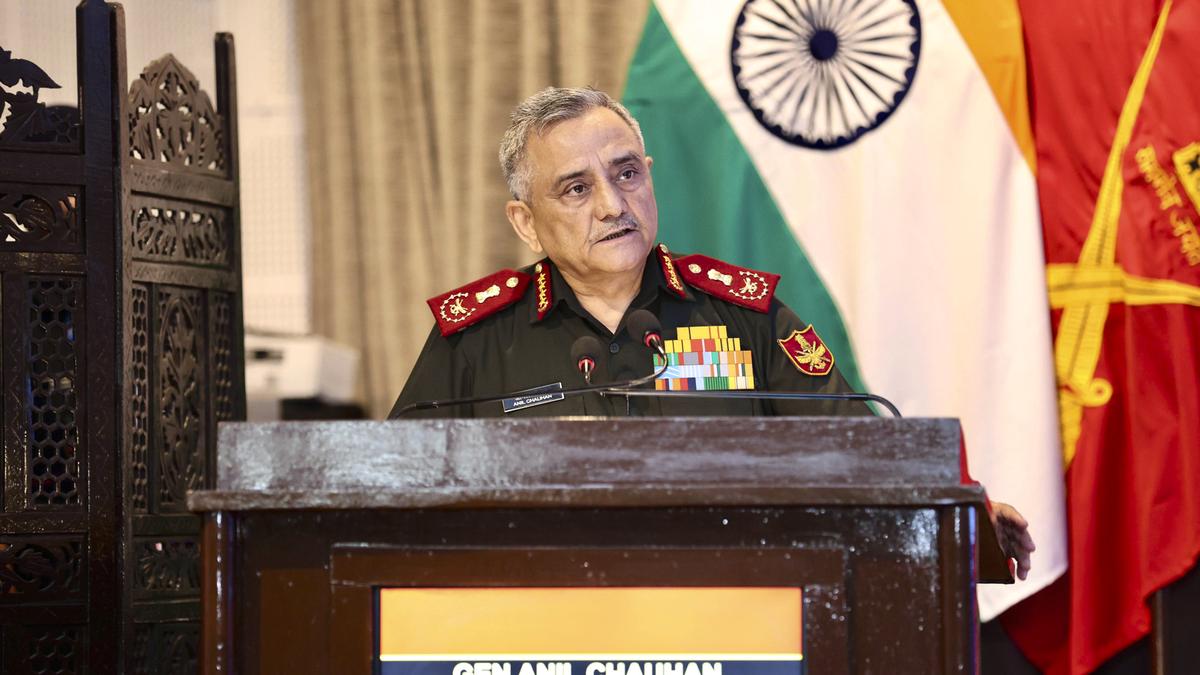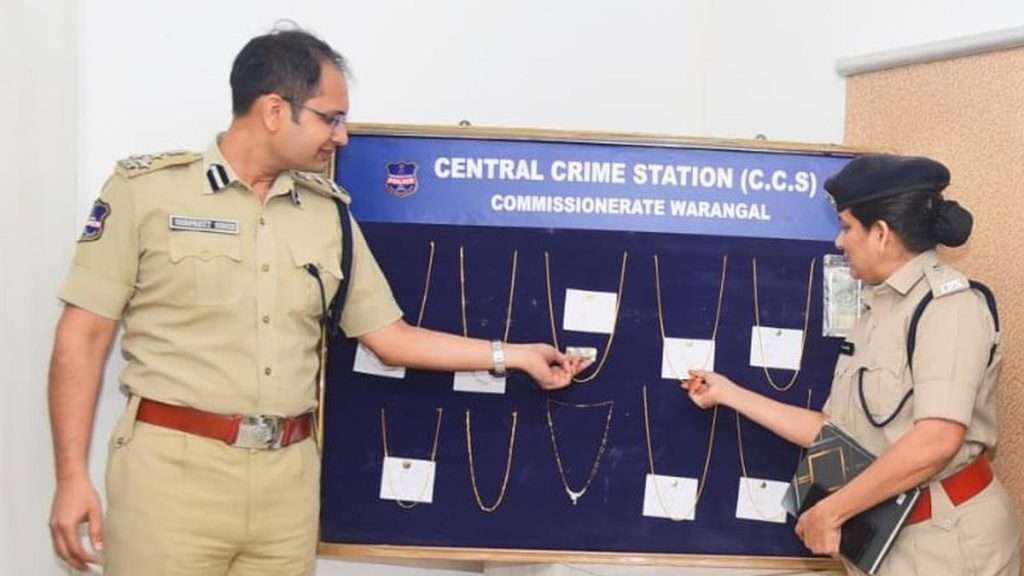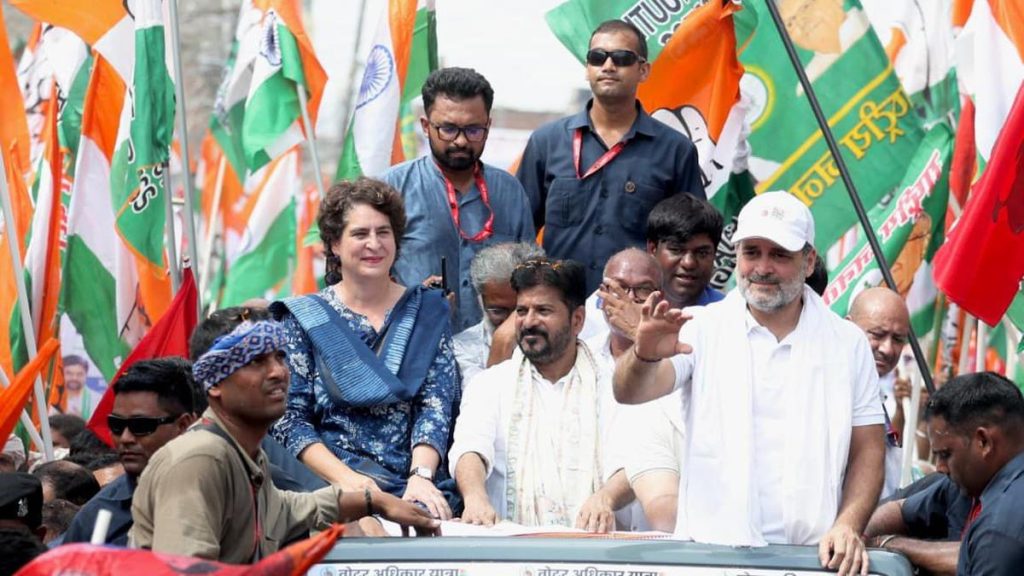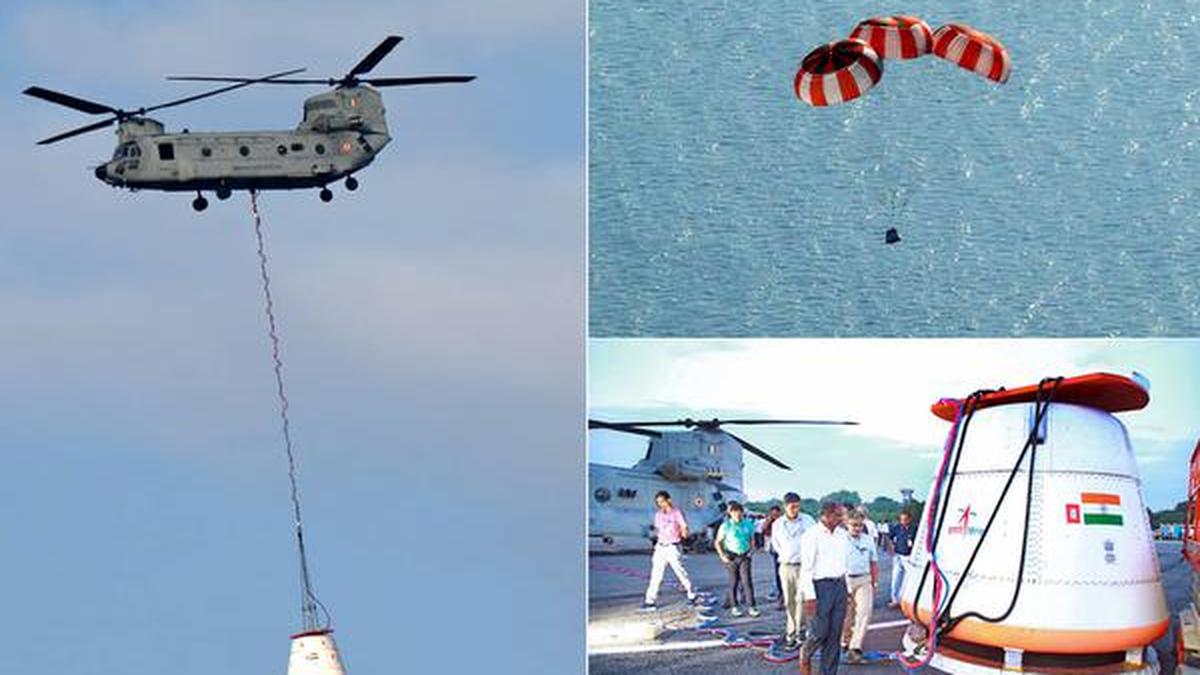Now Reading: Tri-Services Effort Key to Sudarshan Chakra Project: CDS Chauhan
-
01
Tri-Services Effort Key to Sudarshan Chakra Project: CDS Chauhan
Tri-Services Effort Key to Sudarshan Chakra Project: CDS Chauhan

Quick Summary
- Chief of Defense Staff (CDS) General Anil Chauhan delivered a keynote address at the Army War College in dr. Ambedkar Nagar, Madhya pradesh, on August 26, 2025.
- The ‘sudarshan Chakra’ air defence system aims to establish a robust infrastructure comprising tri-services military assets such as missiles and surveillance systems,ensuring India’s strategic security.
- CDS Chauhan compared the initiative to Israel’s Iron Dome all-weather air defence system and emphasized a “whole of the nation” approach for advancement.
- Prime Minister Narendra Modi initially announced the Sudarshan Chakra project on Independence Day (August 15). It is indeed planned for implementation by 2035.
- The project addresses security threats arising from Pakistan and China, with prior remarks from pakistan’s Army Chief Field Marshal Asim munir hinting at targeting Indian facilities during tensions.
- Integration of ground,air,maritime,undersea and space-based multi-domain sensors will be key to its success; advanced technologies like AI and quantum analytics will likely play central roles.
- Greater tri-services integration was stressed by Gen Chauhan as critical to implementing this initiative effectively.
- The Ran Samwad conference also included thematic sessions led by serving officers discussing modern warfare insights; defence minister Rajnath Singh is set to deliver the plenary address on its final day.
Indian Opinion Analysis
the Sudarshan Chakra project represents India’s ambitious step toward bolstering national defence infrastructure amidst evolving regional challenges from neighboring nations like Pakistan and China. by leveraging cutting-edge technologies-such as artificial intelligence and quantum data analytics-the proposed shield signifies a move towards future-ready capabilities while necessitating important coordination among India’s armed forces for multi-domain integration.
While comparisons with Israel’s Iron Dome highlight global benchmarks India might aim for in terms of functionality and effectiveness, it underscores both technical complexity and resource intensity this undertaking demands before completion in 2035. Additionally, adopting a “whole of the nation” approach implies widespread civilian-military collaboration-a potential boon for domestic technological development but also requiring extensive systemic alignment.
The announcement comes at a time marked by heightened geopolitical tensions where strategic deterrence holds vital importance not just militarily but diplomatically-likely influencing India’s longstanding posture in South Asia’s nuanced balance-of-power dynamics.RELATED IMAGE:nn!In this image released on AugrnRead more: The Hindu article hear.























